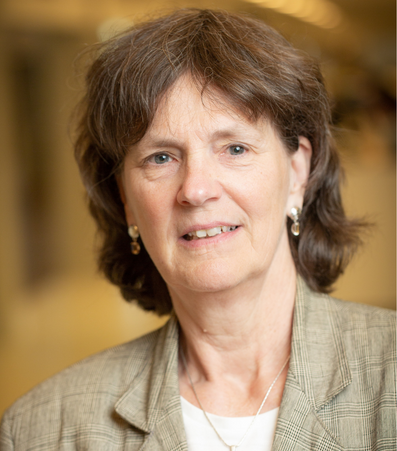In December 2021, Vrije Universiteit Amsterdam (VU Amsterdam) and the Food and Agriculture Organisation of the United Nations (FAO) joined hands under the South South and Triangular Cooperation (SSTC) framework. Since then, the partnership has grown, and currently it involves numerous universities from Kenya, Uganda, Benin, Ghana, South Africa, Slovenia, Spain, and the Netherlands. The participation of universities in the SSTC network is facilitated through different funding sources, including FAO, the EU- funded INSSPIRE project project and Erasmus+ KA171 mobilities. Through the Aurora alliance, the SSTC network receives academic support, in terms of knowledge sharing, from Aurora partners in France (UPEC), Spain (URV), Czech Republic (UPOL), Austria (UIBK), Italy (UNINA) and Denmark (CBS). The SSTC network aims to mobilize academic knowledge to develop capacities, stimulate innovative research, and disseminate knowledge and experience in selected countries in the field of food and nutrition security.
In March 2024, the SSTC network gathered for an interactive workshop at Mbarara University of Science and Technology (MUST) in Uganda to explore the implementation of Real Life Learning Labs (RLLL), a concept aimed at fostering problem-based education and research. This empowers students to address the pressing needs of communities, industries, and society at large. The workshop comprised collaborative activities, including the development of vision boards showcasing the RLLL implementation plans. Additionally, participants presented food for thought sessions on various critical topics within food systems and climate change, such as food losses and waste, nutrition-sensitive agriculture, spatial planning, agribusiness, and healthy diets. The event was designed to be highly interactive, facilitating critical discussions and knowledge exchange among participants. Université Paris-Est Créteil (UPEC), one of the partner universities within the Aurora alliance, joined the workshop in Uganda as the newest member of the SSTC network. Dr. Felipe Koch, assistant professor of Societal Innovation at UPEC, shared his excitement to be part of the network, stating: “This is an amazing opportunity to learn from eachother. We as UPEC can learn so much from countries in the global south, such as the University for Development Studies (UDS) in Ghana, who has been working on community service learning for over 20 years!”.
The workshop concluded with a visit to a local farmer community, where students from MUST engage in problem-based research, enriching their understanding of real-world issues and preparing them to become succesful future leaders.
VU Amsterdam, particularly the Centre for International Cooperation (CIS-VU), takes pride in leading this dynamic network. The aim is to continuously explore opportunities to involve universities that can benefit from the network and complement collaboration with additional skills and expertise.
